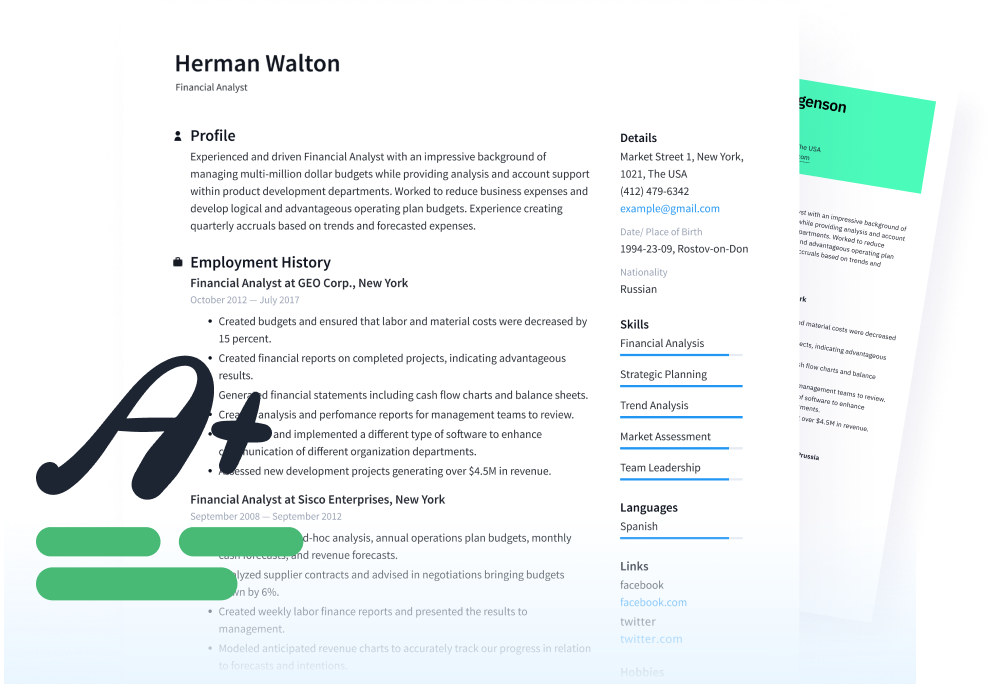Lying on Your Resume Could Cost You the Job, or Worse
Get a Free Expert Review2 min read. Updated on November 07, 2024
Ever considered lying on your resume? This story will make you think twice.
The number of job seekers who have lied on their resume or during a job interview is much higher than you may think. In fact, in a survey commissioned by SEEK, 41 percent of respondents believed it's OK to lie in a job interview. But when does a small stretch of the truth turn into a lie with dire consequences? A former Department of Premier and Cabinet (DPC) executive recently found out the hard way.
In December 2019, a South Australian woman was sentenced to a minimum 12 months in prison after lying on her resume to secure a high-paying government job. A former chief information officer with the DPC in Adelaide, Veronica Hilda Theriault was charged with fraudulently obtaining employment by submitting a fabricated work and education history and false references. Theriault spent around one month in her $270,000 per year job before her lies were uncovered.
While this may sound like an extreme case, lying to secure a job — even on a much smaller scale — is a common challenge recruiters face. A survey conducted by TopResume discovered that the most common things candidates will lie about include their education, criminal record, certifications, work history and technical skills.
So how do you avoid lying on your resume? Simple: Honesty is always the best policy. If you need to lie in order to secure a job, then that job is not right for you. But that doesn't mean you can't sell yourself or (humble) brag about your experience. Work with what you have, showcase your best skills and experience, and don't be afraid to be honest with an employer. It will serve you better in the long run.
Recommended Reading:
Free Resume Review
Ensure your resume aligns with what employers are actually searching for.

Rikki Wimmer is a professional copywriter and careers writer currently based in London. After spending four years on the frontlines of a recruitment agency in Sydney, Rikki is well-versed on the topics of recruitment and CV writing. Her diverse portfolio includes leading brands such as Carnival Australia and L'Oréal UK.
See how your resume stacks up

Related Articles
Take the first step in your career today